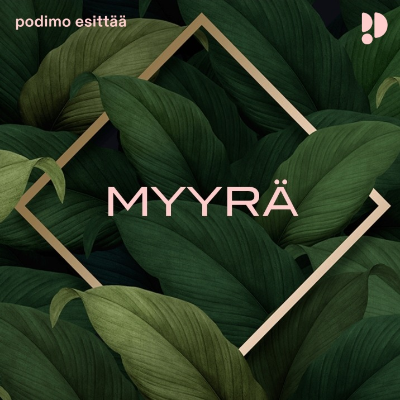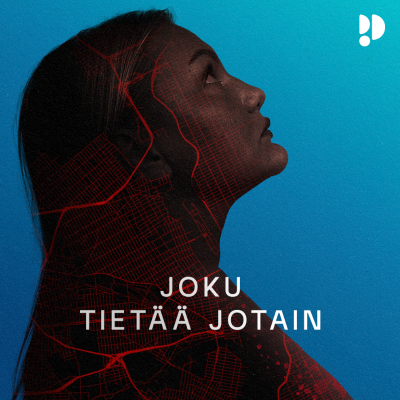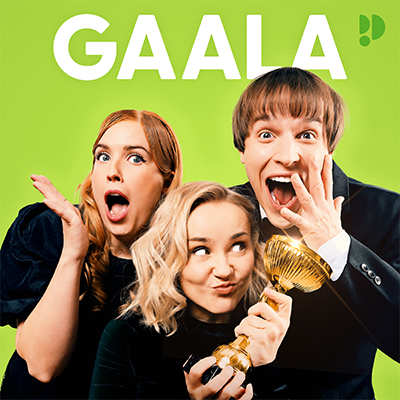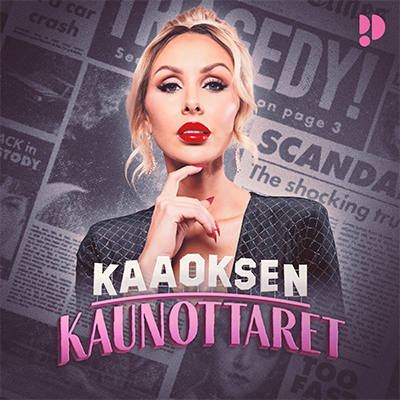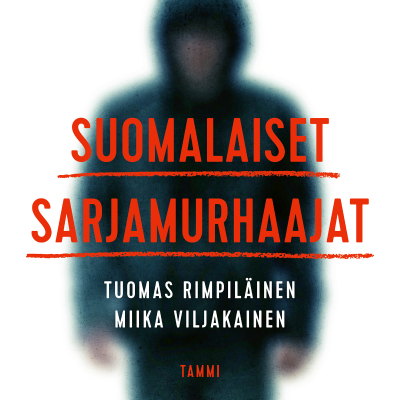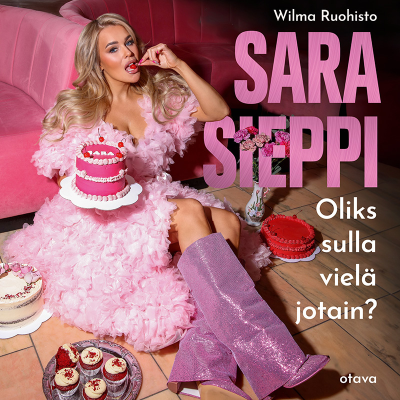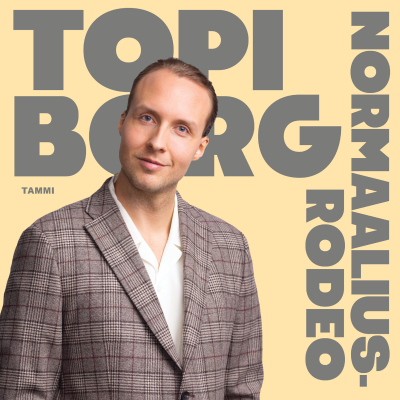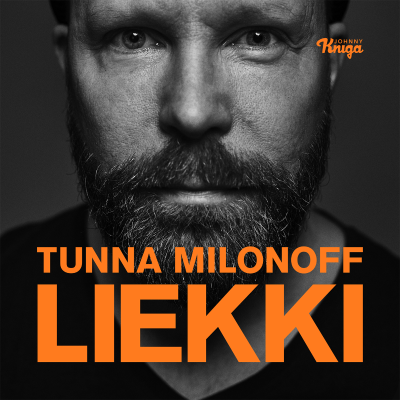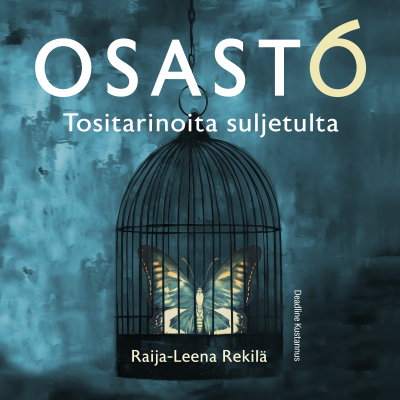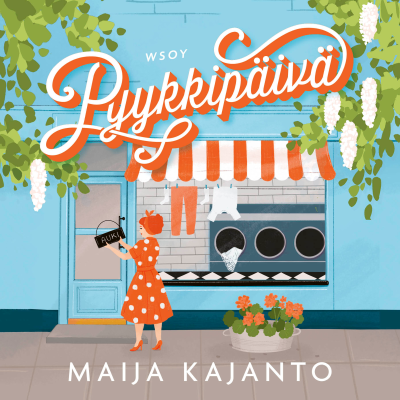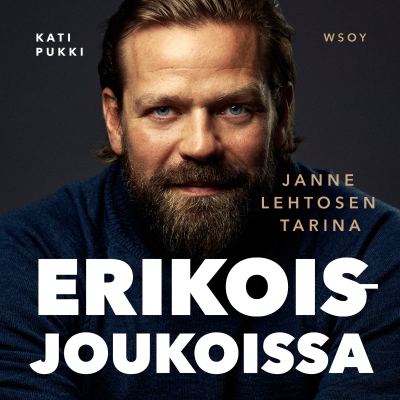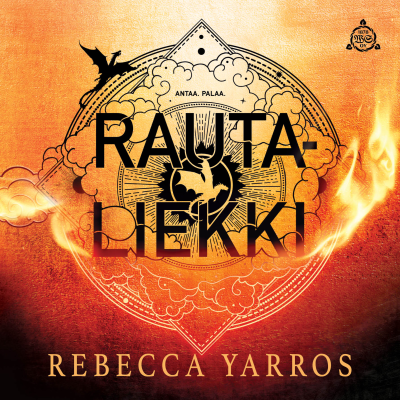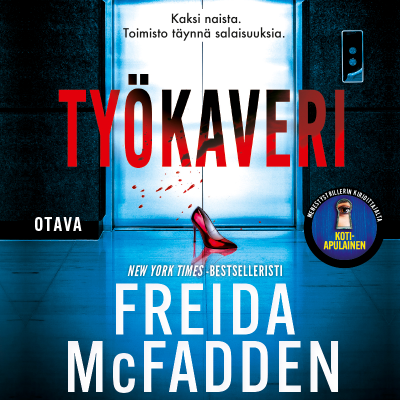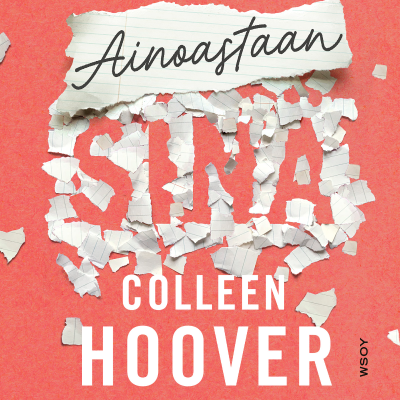Start the Week
Podcast by BBC Radio 4
Weekly discussion programme, setting the cultural agenda every Monday
Aloita 7 vrk maksuton tilaus
Kokeilun jälkeen 7,99 € / kuukausi.Peru milloin tahansa.
Kaikki jaksot
610 jaksotProfessor Frank Close looks at how the quest to understand radioactivity and the atomic nucleus was initially fired by scientific curiosity and then by more human motives. What began as collaboration between scientists in the pursuit of atomic energy was overwhelmed by politics and opened the way to the possibility of nuclear war. Frank Close’s Destroyer of Worlds: The Deep History of the Nuclear Age: 1895-1965 shows how scientific knowledge is often advanced by personal convictions and relationships and takes us into the rooms where discoveries and decisions were made. Nuclear energy is the most promising tool that we have to tackle the climate emergency, so argues Tim Gregory in his new book Going Nuclear How the Atom Will Save the World. He says it is time to debunk the myths about nuclear waste and radiation and that nuclear power is reliable and safe. Harnessing the atom is our best hope of providing abundant and clean energy to ensure an equitable and prosperous future. For Baroness Natalie Bennett, former leader of the Green Party, nuclear has been a continual disaster. As an energy source nuclear it has been impractical, inflexible and unreliable; a dinosaur technology whose use has declined. She believes that the continued appearance of nuclear in policy debates is a distraction from renewables and energy conservation. She believes that we have not found an adequate solution to the problem of nuclear waste. And in the field of defence, the majority of countries want a ban on nuclear weapons. Presenter: Shahidha Bari Producer: Ruth Watts
In front of an audience at the Hay Literary Festival Tom Sutcliffe talks to The archaeologist and presenter of the hit TV show, The Great British Dig, Chloë Duckworth, who explains how every object tells a story. She reveals how even the rubbish our ancestors threw away can offer a window on the past and forge a connection with the present day. Business journalist Saabira Chaudhuri's new book Consumed, examines how companies have harnessed single-use plastics to turbocharge their profits over the last seventy years. Consumer goods makers have poured billions of dollars into convincing us we need disposable cups, bags, bottles, sachets and plastic-packaged ultra-processed foods. Taking in marketing, commercial strategy and psychology, she explains just how we got here. The paleobiologist Sarah Gabbott is more interested in looking at how what we throw away today becomes the fossils of tomorrow. Discarded (co-authored with Jan Zalasiewicz) highlights the cutting-edge science that is emerging to reveal the far-future human footprint on Earth. Producer: Katy Hickman
In his new book, Blueprints, Marcus du Sautoy traces the connections between mathematics and art and the ways in which creatives use numbers to underpin their work – unconsciously or otherwise. From the earliest stone circles to the unique architecture of Zaha Hadid, du Sautoy shows us that there are blueprints everywhere and how logic and aesthetics are intrinsically intermingled. Sophie Pavelle is also interested in connections and her forthcoming book, To Have or To Hold, explores symbiotic relationships in nature. Focusing on eight key examples, Sophie Pavelle explains how these mutually beneficial connections are crucial for the survival of our natural world and how they play an integral role in regulating ecosystems and strengthening resilience. She asks if we are capable of restoring and nurturing our environment or will we continue to exploit the Earth’s resources, till death do us part? The British Museum’s new exhibition illuminates the captivating work of the nineteenth-century Japanese artist, Utagawa Hiroshige (from 1st May to 7th September 2025). He was fascinated by the natural world and many of his pictures take flora and fauna as their subject matter. Hiroshige was one of Japan’s most talented, prolific and popular artists and his influence was not only felt in his home country, but spread globally – influencing artists such as Vincent Van Gogh and contemporary artists such as Julian Opie. The curator of the exhibition, Alfred Haft, shines a light on the oeuvre of Hiroshige, his techniques and enduring legacy. Producer: Natalia Fernandez
The cultural historian Tiffany Jenkins looks at the long history of the private life from Ancient Athens to the digital age. In her new book, Strangers and Intimates: The Rise and fall of the Private Life, she examines how our attitudes to the intimate and personal, have shifted over time. She argues that the challenge of big tech is simply the latest development that has seen our private lives increasingly exposed for public consumption. It is only through understanding the history of the very idea of the private life, that we might protect it. Homework: A Memoir is Geoff Dyer's new book. In it he tells his own story, that of a boy growing up in a working class family in the 1960s and 1970s. He charts the transformative opportunities afforded by the post war settlement for an eleven year old boy who wins a place at a grammar school. Evoking deep personal memories, he explores the challenges of his childhood and teenage years in the mid twentieth century England. Lanre Bakare is interested in the stories of the Black Britain we don’t often hear – the one that exists beyond London. In moving his focus outside the capital, he explores the economic and social unrest of 1970s and 1980s from very different perspectives. His new book, We Were There: How Black Culture, Resistance and Community Shaped Modern Britain suggests that we need to incorporate a broader range of the experiences of Black Britons into the fabric of our national story. Producer: Ruth Watts
Our sense of smell is vital to appreciating food and drink, it can warn us of danger, and enhance enjoyment of our environment, and yet it is one of our least explored sensory systems. In The Forgotten Sense, olfaction specialist Dr Jonas Olofsson explains the science behind our sense of smell. Dr Ally Louks caused a stink on social media when she mentioned the subject of her PhD thesis, Olfactory Ethics: The Politics of Smell in Modern and Contemporary Prose. But she shows just how much readers can learn from paying attention to the aroma of a writer’s work. While imagining the stench of a Dickensian city street can enhance a reader’s experience, what about actually smelling burning rubber as you play a video racing game? Professor Alan Chalmers explains the groundbreaking research currently ongoing to make gaming a more immersive experience, with smell at its centre. Producer: Katy Hickman
Aloita 7 vrk maksuton tilaus
Kokeilun jälkeen 7,99 € / kuukausi.Peru milloin tahansa.
Podimon podcastit
Mainoksista vapaa
Maksuttomat podcastit
